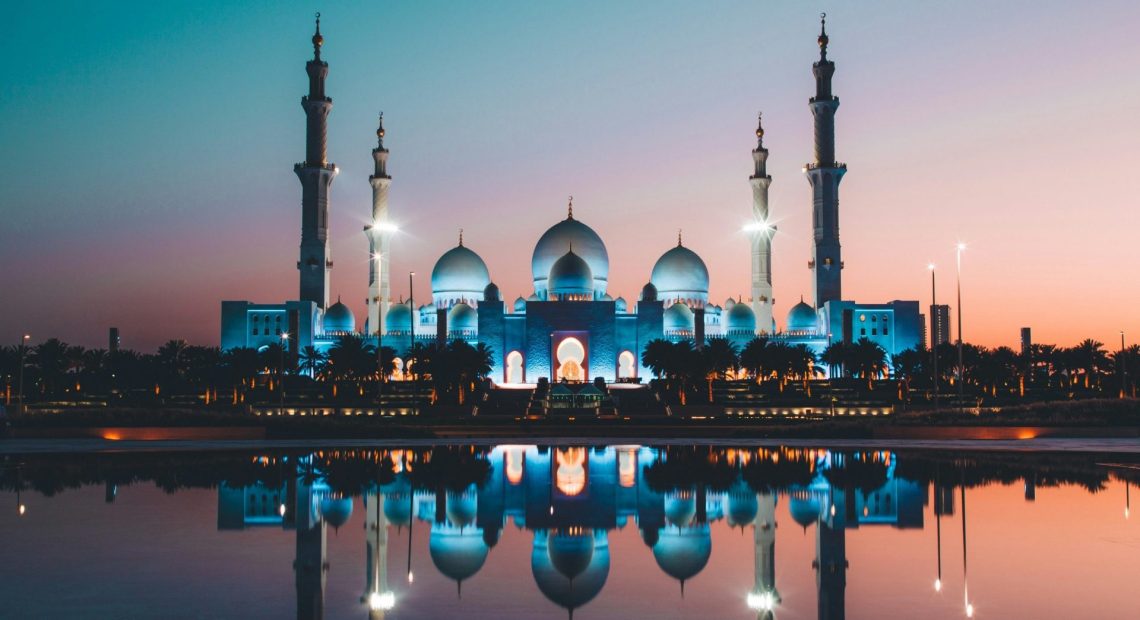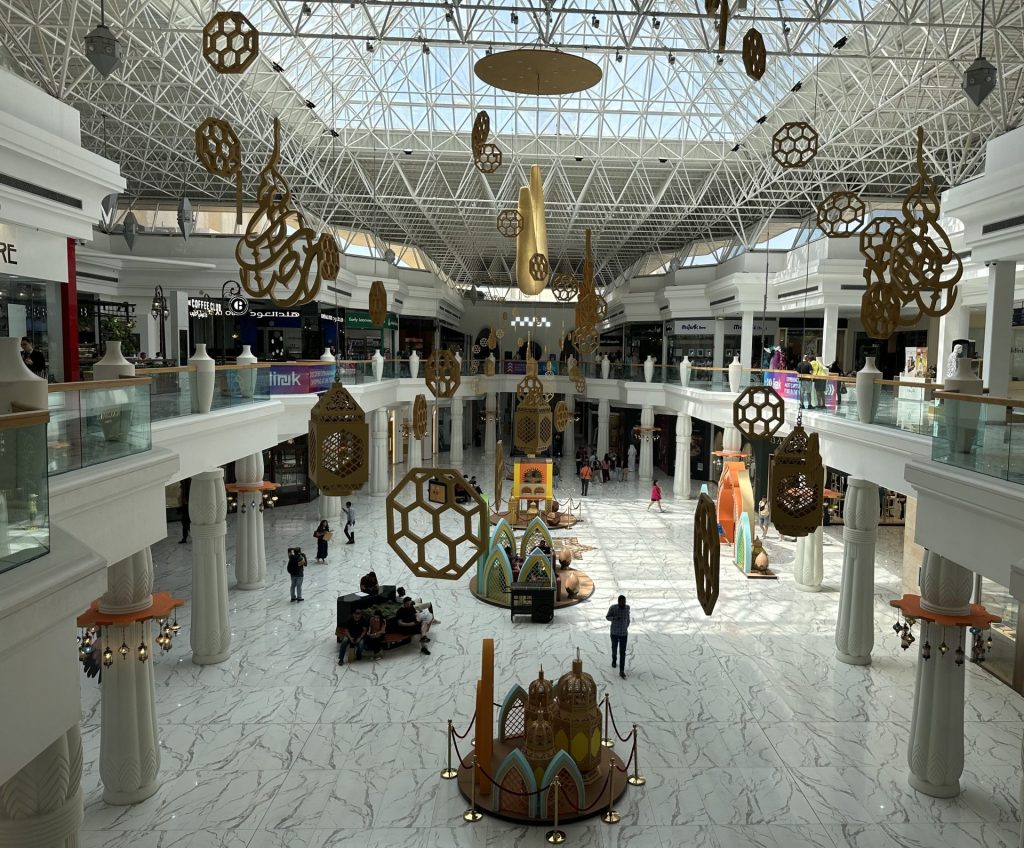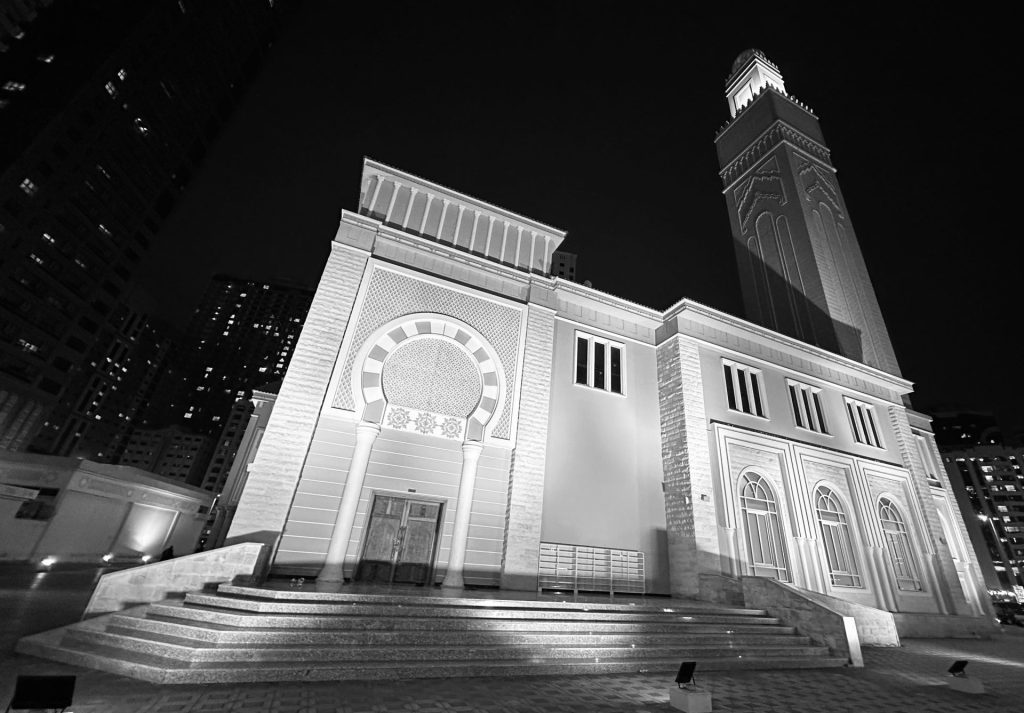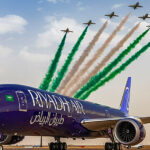The Significance Of Eid Al Fitr For Muslims

A Celebration of Unity And Gratitude
Eid Al Fitr, marking the end of Ramadan, the Islamic holy month of fasting, is celebrated with great enthusiasm by Muslims around the globe. This joyous occasion, also known as the ‘Festival of Breaking the Fast,’ is a time for communal prayers and feasting and embodies Islam’s profound spiritual principles: unity, gratitude, and generosity.
The exact date of Eid Al Fitr varies each year, depending on the sighting of the moon. It signifies the conclusion of Ramadan. During Ramadan, Muslims engage in dawn-to-dusk fasting, intensive prayer, reflection, and community service.
Eid Al Fitr is expected to be celebrated this year on or near April 9. The date may vary, depending on the crescent moon sighting.
On the day of Eid, the celebrations commence with the Eid prayer, performed in congregations at mosques or open spaces early in the morning. This prayer is a moment of unity, bringing together Muslims from diverse backgrounds to stand shoulder to shoulder in worship and gratitude towards their creator.
Customary Traditions
Following the prayers, the day unfolds with visits to family and friends, gift exchanges, and festive meals. Traditional delicacies are prepared and shared, homes are adorned, and new clothes are worn, symbolising renewal and joy. It is a day when the spirit of community is palpable, transcending geographical and cultural boundaries.

A cardinal aspect of Eid Al Fitr is Zakat al-Fitr, a charity given to the less fortunate before the Eid prayers. This obligatory act ensures that all Muslim community members can partake in the Eid celebrations regardless of their financial situation. Zakat al-Fitr embodies the Islamic values of empathy, sharing, and caring for one’s community.
Children look forward to Eid, often receiving money and gifts to add to the day’s excitement. This tradition fosters a sense of belonging and joy among the younger Muslim community members, ingraining in them the importance of generosity and gratitude from an early age.
Eid Al Fitr is also a time for reconciliation and forgiveness. Muslims are encouraged to mend strained relationships and offer forgiveness, reinforcing the bonds of kinship and community. It is a reminder of the importance of peace, compassion, and the healing of past grievances.
Global Celebration
The global celebration of Eid Al Fitr after Ramadan showcases the rich diversity within the Muslim community). Each region has unique traditions and customs for celebrating Eid, from the Middle East to Southeast Asia, Africa to Western countries. Yet, the underlying principles of gratitude, charity, and community spirit remain universal across these cultural expressions.
In many countries, Eid Al Fitr is recognised as an official public holiday, which allows communal prayers, festivities, and family gatherings to occur without restriction.

Governments and community leaders often extend greetings and join in the celebrations, highlighting the festival’s significance in promoting mutual understanding and harmony across faiths and cultures.
Eid Al Fitr is a poignant reminder of Islam’s broader social and spiritual objectives. It encourages Muslims to reflect on the lessons learnt during Ramadan and to carry forward the virtues of patience, discipline, and altruism into their daily lives. The festival renews the commitment to ethical conduct, kindness towards others, and the pursuit of peace and justice.
As Muslims worldwide celebrate Eid Al Fitr after Ramadan, it stands as a testament to the power of faith to unite people across geographical, language, and cultural divides. It underscores the potential for religious observances to foster a global sense of brotherhood, respect, and shared joy.
Eid Al Fitr is more than just a day of celebration; it reflects Islam’s core values and its message of peace, unity, and compassion. Through its universal themes of gratitude, generosity, and community, Eid Al Fitr resonates with people of all backgrounds, inviting a deeper appreciation of the diverse yet unified tapestry of the Muslim world.
Featured image: Sheikh Zayed Grand Mosque in Abu Dhabi, the capital of the United Arab Emirates. Credit: David Rodrigo













